As several high school upperclassmen begin to plan their future in the law field, they commonly overlook the variety of law pathways from which they will eventually choose. This uncertainty adds to the 80% of college students who change their major to underclassmen. Unlike healthcare, engineering or other rigorous pathways, law schools do not require a specific undergraduate degree. This leads to the Law School Admissions Test (LSAT) and grade point averages (GPA), which act as the determining factors in acceptance to law school. Lacking a specific undergraduate degree can also defer high school graduates away from their desired career in law, due to their uncertainty of which major to complete. Overall, these various reasons can turn individuals away from the law field, though a lawyer’s job remains extremely important in society.
“I was unsure of what kind of law I wanted to focus on after high school. When I got my first job after graduating from law school I thought of the different types of law and my future in the field. I was not able to shadow or anything else, but my first job helped me see that family law was something I wanted to do. I am now the owner of Chan Law Firm LLC in Marietta which specializes in family law. My biggest advice for any students interested in law is to shadow an attorney in a bigger law firm that offers different areas of practice,” attorney and owner of Chan Law Firm LLC Ophelia Chan said.
The steadily increasing rate of law school attendees reveals the interest current high school students demonstrate in the field of law. This rate leads to the U.S. possessing 1.3 million lawyers as of 2023 who carry out different jobs in the government. Jobs such as paralegals must choose a specific type of law to pursue during law school. Out of approximately 28 different types of law, colleges recommend that students decide their field based on current passions before stepping into law school. Though law schools do not require specific majors, choosing a major related to the area of law that one intends to pursue sets up success. This lack of a specific major further explains the importance of knowledge of the different types and aspects of law.
The field of law captures the hearts of students for a variety of reasons, but mainly because of current media and entertainment. Popular true crime shows, including “Criminal Minds” and “Law and Order,” exaggerate cases and commonly only show popular or interesting cases. Therefore this entertainment shows the media the job of a lawyer inconsistent with their actual daily cases and life in the law field. Since entertainment solely focuses on criminal law, different areas of law become unheard of, ultimately leading to a high demand and representation of criminal law. The show “Suits” differs from usual law shows and displays forms of civil and corporate law, allowing viewers to see additional sides of the law field different from what they hear about online and on various crime shows. Though this helps highlight another underrated side of law, various types of law lack awareness and interest from audiences.
Major media cases also bring interest to the law field. For example, the cases of Amber Heard v. Johnny Depp, the overturning of Roe v. Wade and Gypsy Rose Blanchard’s release all captured the public eye during their time in trial. February 2019, famous actor Johnny Depp filed a lawsuit against actress Amber Heard, his now ex-wife, and received a significant amount of attention from the media. The case, due to accusations of domestic abuse, led to a high view count online because of Depp’s famous roles. The trial became known as the “Trial by TikTok,” as cameramen would livestream in the courtroom; unusual for such a high-profile case. Roe v. Wade, a Supreme Court case from 1973, protected women’s rights to maintain an abortion due to the 14th Amendment. The Supreme Court overturned the case in June 2022, which resulted in several states banning abortion rights and millions of women deciding to postpone bearing children. The public paid close attention to this overturning, specifically women and families, which led to controversial views of this case.
A similar series of events began to unfold June 2015, when the state of Missouri sentenced Gypsy Rose Blanchard, a convicted murderer, to 10 years in prison after assisting her boyfriend in murdering her mother due to the mental, physical and medical abuse Blanchard received growing up. While Blanchard lived in prison, a limited series, “The Act” portrayed the case and ultimately led to Blanchard gaining fame upon her release in December 2023. The amount of publicity around these cases allows potential future lawyers to see cases and the process of trials and law.
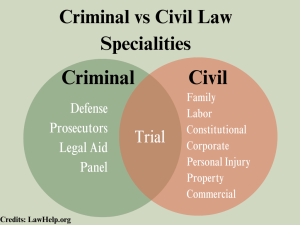
“I think high school did help me prepare to learn more about the different types of law to a certain extent, but I do not think it was the factor that taught me the most about law. That came from my personal investigation into it outside of school. I did Mock Trial at NC briefly and I had fun and I did learn about the system, but Mock Trial is less of a real analysis of the legal process and more of a performance. I also was not able to take the law pathway, so I never got any help in class to look into law. My interest in law and the justice system mainly came from my passions and views about the system. I am now studying at the University of Georgia (UGA) where I am majoring in political science and international affairs and minoring in law,” NC alumni and UGA student Bianca Orfila-Molinet said.
The two main types of law, criminal and civil, grow confusing in high schoolers’ minds, as they believe these stand as the only two types of law. Criminal law consists of cases that punish actions of crimes considered threatening and dangerous to people, property, health and welfare. Instances like murder, assault, theft, arson, drug offenses and other severe crimes fit into this category. Civil law governs non-criminal disputes between individuals or entities, not including the government such as arguments over land or custody of a child.
While criminal law deals with crimes against society, civil law looks to resolve disputes and provide compensation for damages through lawsuits. The government also acts as a prosecutor in criminal cases, in comparison to civil cases where private parties file lawsuits against another party which leads to a case. The phrase “beyond a reasonable doubt” constantly repeats in criminal law due to the standard of evidence needed in a criminal case. In a civil case, however, a “preponderance of evidence,” that proves an event as likely, shows a lower standard of evidence needed. The results of these cases also differ as criminal cases can lead to jail, probation or fines, while civil cases result in a monetary reward to the plaintiff. Individuals commonly know less about types of law such as family and governmental law that fit into civil and criminal law.

Under the civil branch of law, family practices commonly end up overlooked. Family law, an extremely broad area of law, covers legal issues that affect different aspects of families. This practice includes a large variety of different jobs that students do not know exist within the law field. Under this category, marriage and divorce stand as the top cases in court. Lawyers in this field help with divorce proceedings that determine child custody, dividing assets and alimony. Additionally, family law contains domestic cases, in which lawyers can protect their clients from domestic violence or authority concerns. Examples of assistance in domestic problems include lawyers who work to relieve clients in divorce proceedings, can assist in the termination of parental rights for strong reasons and solve other violence or issues within family law proceedings. In addition, family law in the form of probate law works to create last wills and testaments for clients and settle disputes over these wills. The recommended majors or degrees for students interested in pursuing family law include psychology, sociology, criminal justice, political science, history, economics and philosophy.
Governmental law refers to the area that focuses on creating and enforcing laws by the federal government specifically. Prosecutors work on the government’s side of cases in an attempt to enforce their laws and assist victims of crimes. This job strongly differs from defense attorneys, who focus on defending the suspected individual during a case. Lawyers who specialize in Driving under the influence (DUI), an example of a criminal defense attorney, represent clients charged with driving under the influence and provide legal advice and defense strategies to eventually negotiate with prosecutors. They negotiate by challenging evidence and trying to work out plea deals or alternative sentences for the charged individual. Attorneys who focus on laws and rules of the state and federal constitutions, called constitutional lawyers, also work to protect the constitutional rights of citizens. These attorneys advocate for clients’ rights by interpreting the Constitution and challenging the constitutionality of legislation.
Governmental law also incorporates international law and immigration law, which focus on individuals and issues outside of the US. International law focuses on worldwide issues, such as human rights, disarmament and international crimes. With the goal of maintaining peace between countries and states, international lawyers work daily to consult with clients and conduct legal research on international issues. Immigration lawyers determine which individuals can enter the U.S., as well as their duties and rights. Bringing individuals into a country and helping with the approval of visas and green cards, these lawyers can also file against those who illegally immigrate. Governmental law helps regulate our country and keep all individuals safe, and students can find a steady practice within this type of law.
Students can ease the difficulty of choosing a law pathway by looking into their passions and gaining experience before their decision. Though attempting to immediately choose a law pathway can help students, individuals could still keep their options open about different pathways due to changes due to the variety of pathways students may unexpectedly enjoy. Internships or shadowing lawyers while in high school or the early years of college can help individuals gain an idea of the law pathway and what they would work on daily. This decision can help students limit their options to a possible pathway and gain work experience for their future. Schools may also offer programs such as law pathways or various clubs like Mock Trial, Skills USA and other intricate pastimes to inspire and educate students interested in law.
“The law program at NC was always a strong program before I arrived with the successful leadership of Dr. John Raegan. I was honored to replace him after his retirement as he opened the door for me to switch career fields 18 years ago and to be able to teach at a school with so many opportunities. NC partners with many youth organizations outside of the law pathway, such as Cobb Peer Courts, cadet programs offered by Acworth, Cobb and Kennesaw Police Departments and so many more. I would suggest that students explore and experiment with electives and when they attend college, they should consider minors or double majors. Most importantly, they should take advantage of internships to get their feet wet,” law teacher and retired police officer Erika Bailey said.
If individuals still feel limited, students can utilize their current passions and interests to discover a law field for them. Interests in human rights and equal rights can lead a student into governmental law or an individual who loves science and healthcare may show interest in medical law. Gaining background knowledge on all pathways when selecting a law pathway allows students to find a job they can genuinely enjoy given their experiences and passions. Above all else, lawyers stand as extremely crucial to society and help individuals in many aspects. Students interested in the law field hold myriad options and choices throughout their schooling that experiences and passions can guide them through and lead them to overall success and joy in their career choice.



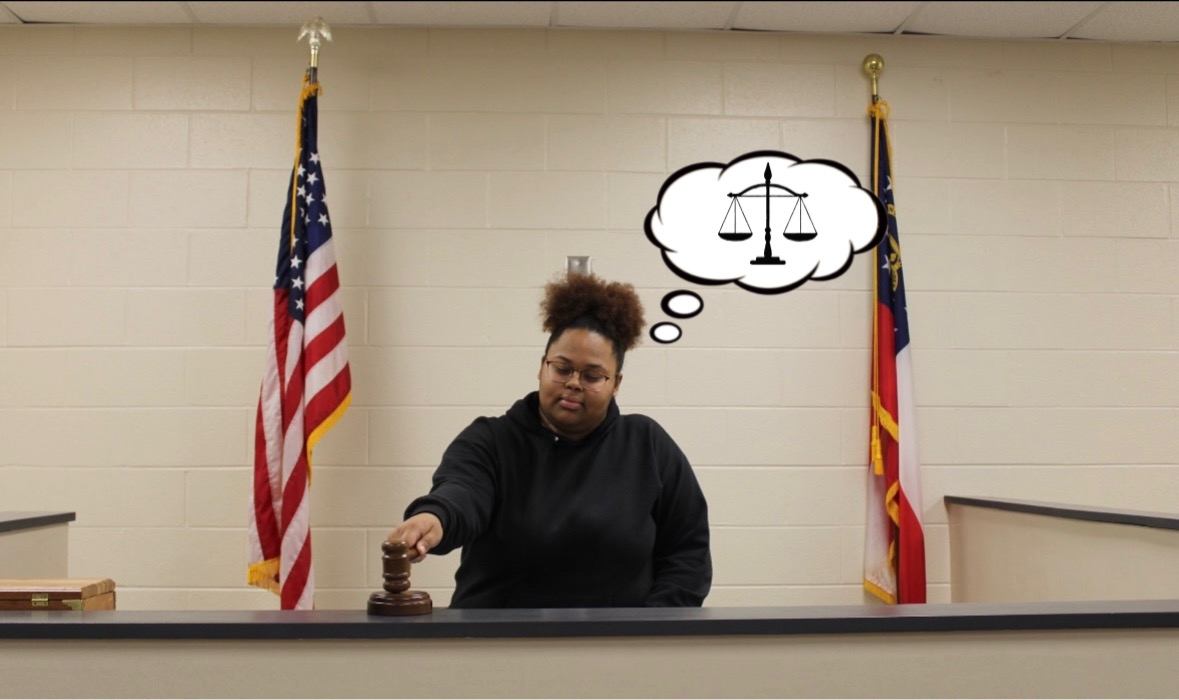



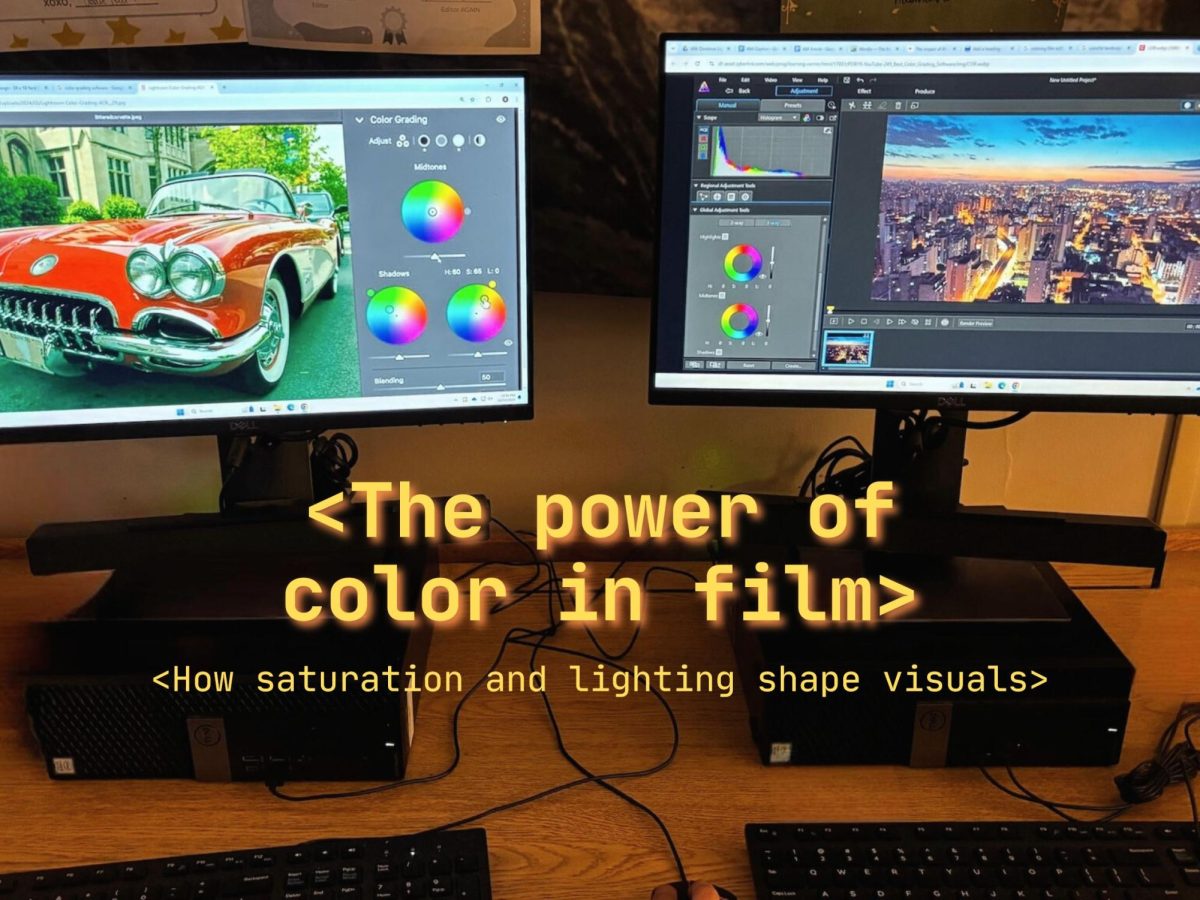




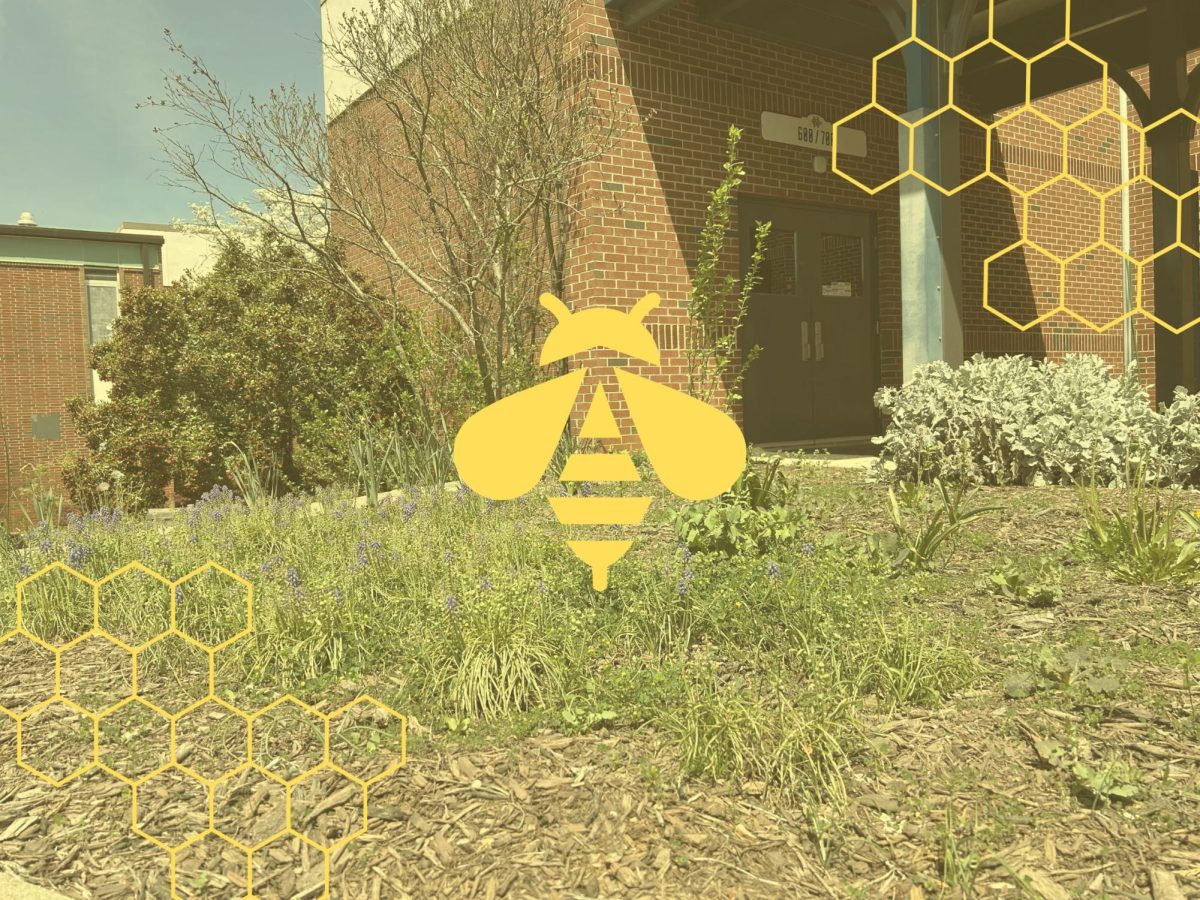
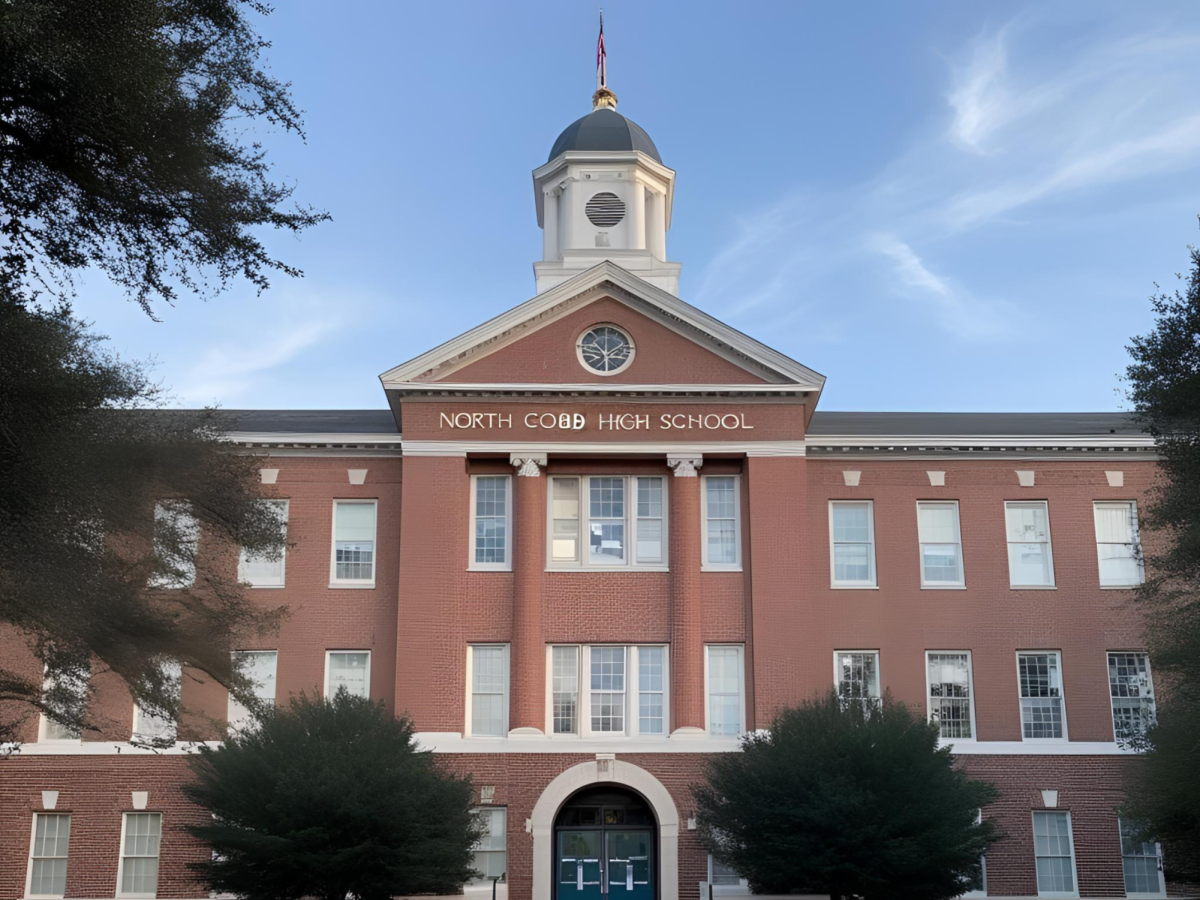



Aria Reddy • Dec 13, 2024 at 2:12 PM
This really opened my eyes to reality. I love reading your insight. From the bottom of my heart, Thank you.